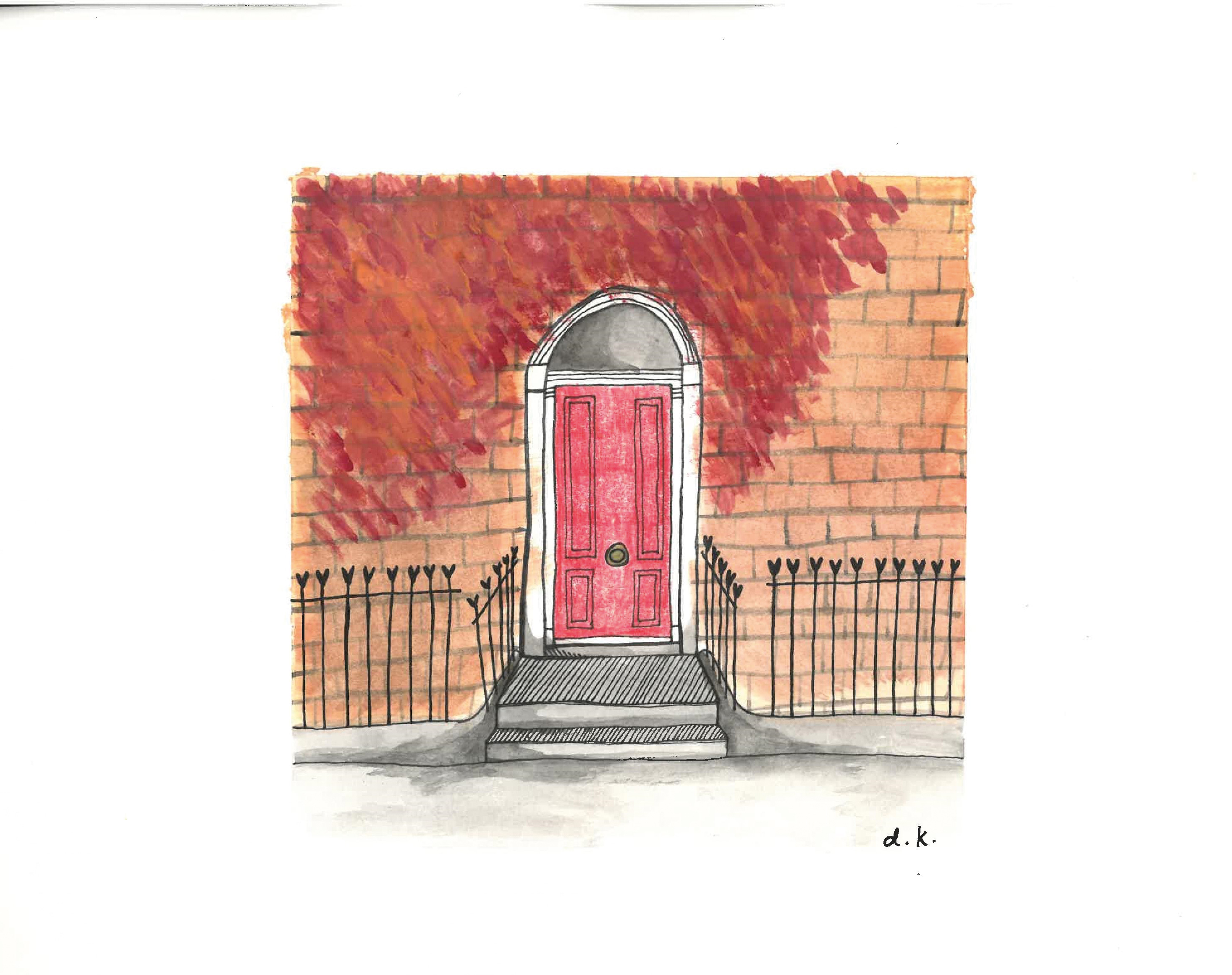
[dropcap]T[/dropcap]here is now a light at the end of the tunnel for students who have paid ever-increasing rent prices for student accommodation during the past few years.
This glimmer of hope comes with the Dáil vote which supported the motion to declare the housing crisis a national emergency on October 4th.
The motion was put forward by Solidarity-People Before Profit and was supported by all parties outside the Government. S-PBP previously backed Sinn Féin’s submission of no confidence in Minister for Housing Eoghan Murphy. This follows continuous accusations made that both Minister Murphy and the Government are passing the blame onto local authorities for the housing crisis.
The submission called on the Government to declare the housing and homelessness crisis a national emergency to increase the capital spending on housing in Budget 2019 and enshrine housing in the Constitution.
The housing crisis has affected students nationwide as they are faced with the decision of struggling to pay high rents to be close to college, or settling for their last choice option as it was all that was available.
The National Housing Report released by the Union of Students in Ireland last year found that 71 per cent of students live in accommodation away from home. Three-quarters cover their own rent and of this group only half have leftover income after paying rent.
The housing crisis was brought forward for debate as Ireland’s homelessness figures near 10,000. Students typically fall into the 18 to 24 age bracket which makes up almost 10 per cent of the homeless population.
Reportedly 12 thousand people turned up for the Raise the Roof rally in Dublin on October 3rd, the day before the Dáil vote. At least 100 students took part in a sit-down protest outside Government buildings at the end of the march.
In a video on Twitter posted on October 5th, Leo Varadkar listed several actions the Government is making and planning to make to address the housing crisis. Students will find benefit from the introduction of rent caps in urban areas and the strengthening of laws that protect tenants’ rights. In these Rent Pressure Zones, the cost of rent is capped at an increase of four per cent each year.
“The housing crisis isn’t going to be easy to resolve. There are no easy answers, and no quick-fix solutions,” said Varadkar in the video. “And we are very much playing catch-up. But we are catching up, and we are making progress, and we will get there.”
However, in the Dáil, Varadkar dismissed a proposal from Sinn Féin’s Mary Lou McDonald to introduce a three-year emergency rent freeze and temporary tax relief for renters.
During the debate, Varadkar defended the Government’s handling of the housing crisis. He stated that the Government is spending €60 million on placing people in emergency accommodation. He also mentioned that almost 20 thousand houses and apartments will be built by the end of this year.
He added that 100 thousand social housing units will be completed in the next 10 years in his video on Twitter. Despite the motion passing, it is unlikely that it will result in any major changes in the Government’s current plan of action.
Budget 2019 was announced by Minister for Finance Paschal Donohoe on October 9th. The Government allocated €2.3 billion to housing which is a 26 per cent increase from the last Budget. A further €1.25 billion was put towards building 10 thousand new social housing units. In the rental sector the Government announced tax relief for landlords. However, no equivalent was mentioned for renters.
Carrie McMullen
Image Credit: Deirdre Kelly



